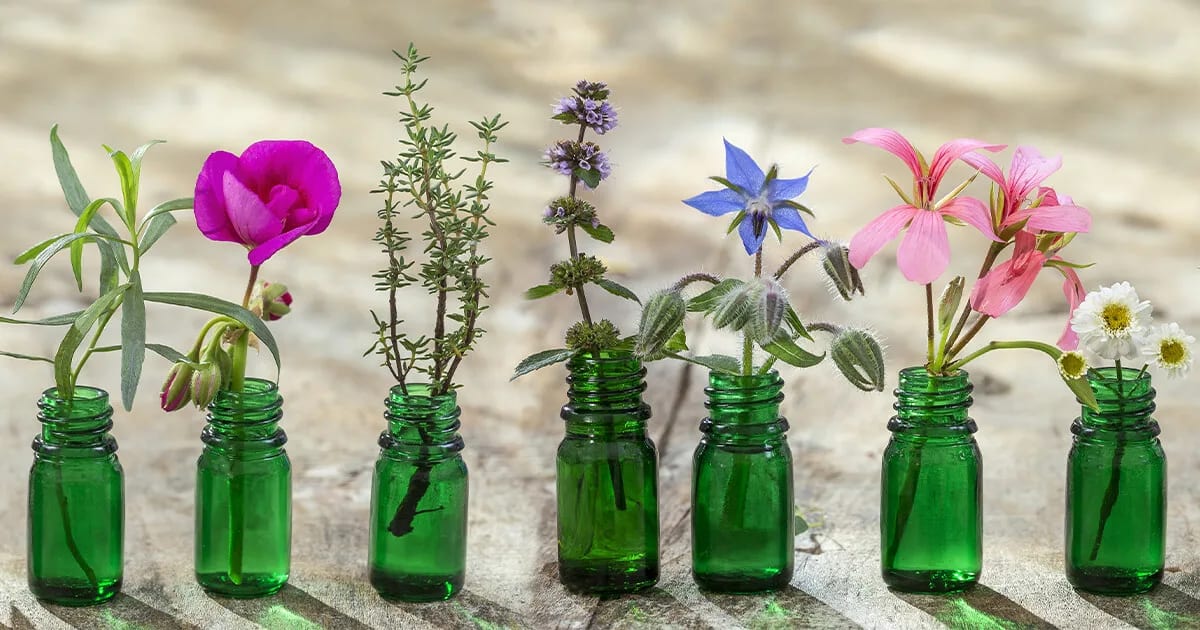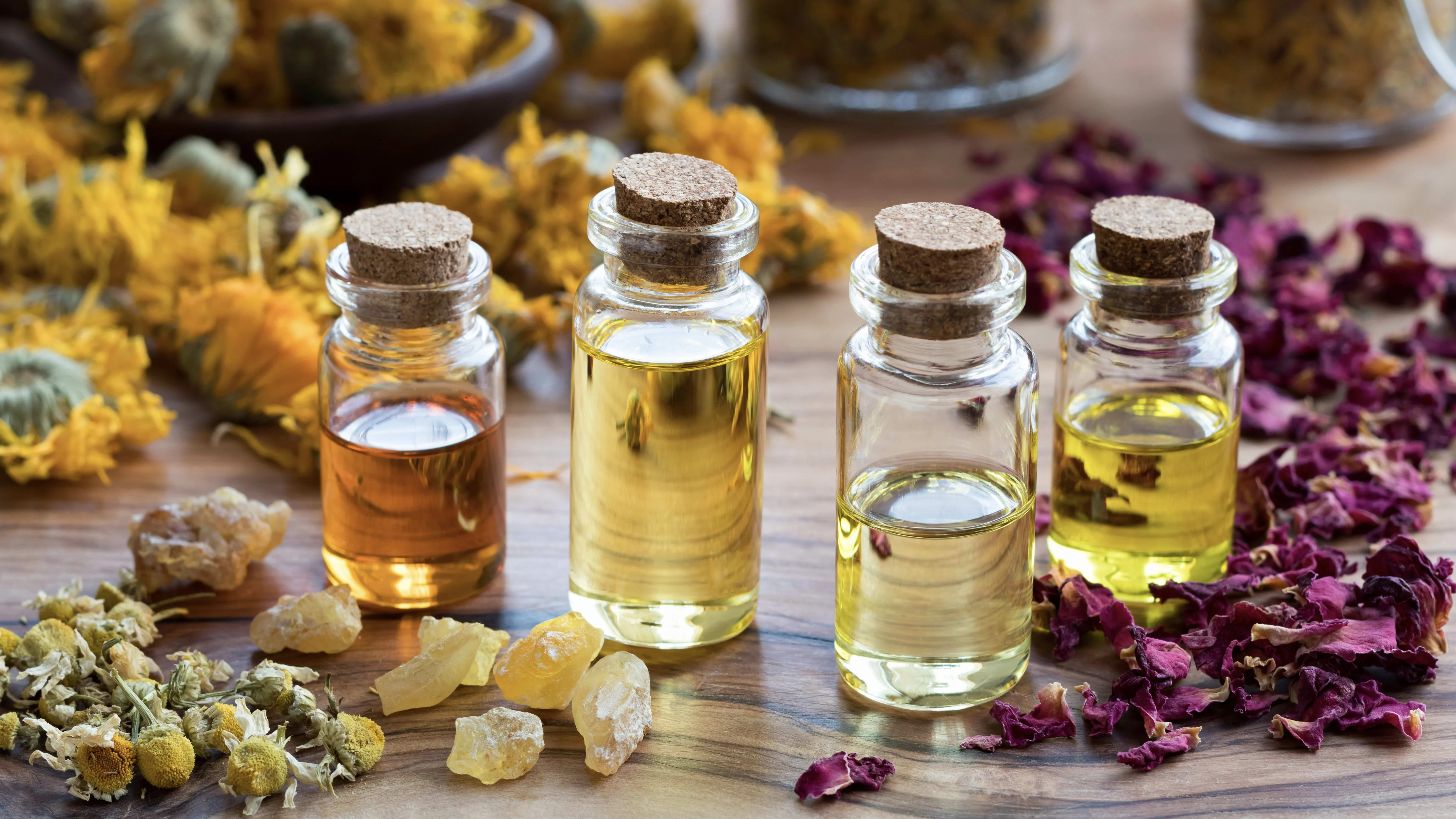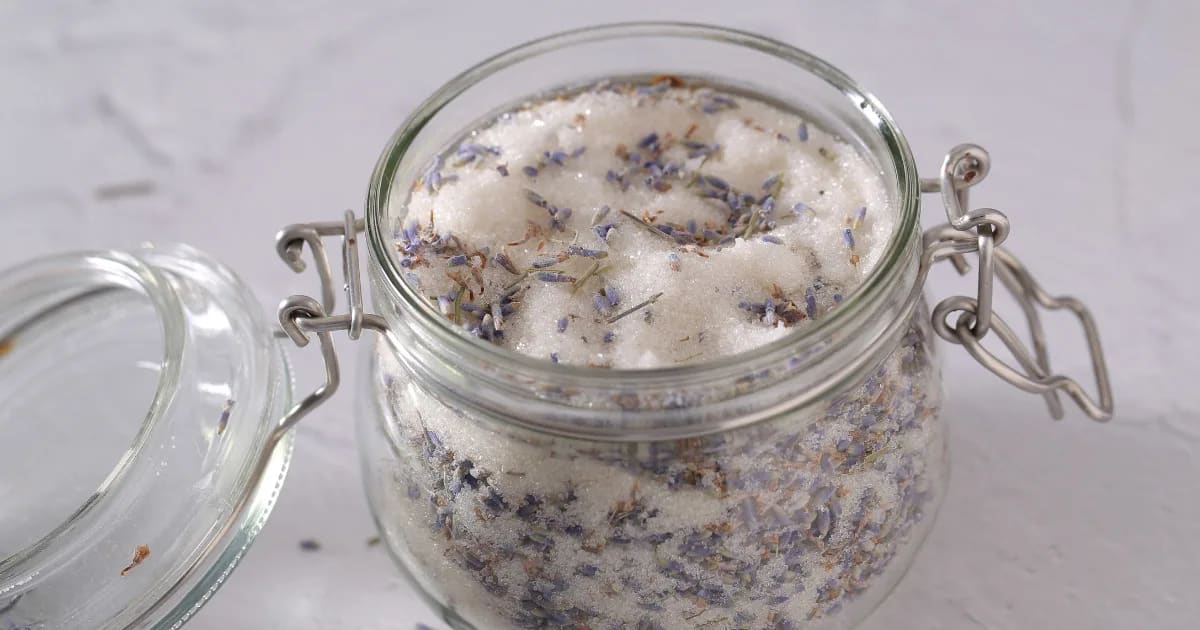Where to Buy Pure Essential Oils (& Why it Matters)

Buying Pure Essential Oils is Important!
As an aromatherapist, it’s important to buy pure essential oils from companies that put quality and sustainability first.
One reason is that the chemical components present in an oil create therapeutic effects. If an oil isn’t pure, those components will be compromised. The oil might not give you the benefits you’re after. You might even experience negative effects, like skin irritation or allergic reactions. Not what we want from using essential oils!
But how do you know if an oil is pure before you buy it? Which companies are the most reliable?
Let’s talk about what can affect the purity of an essential oil, and where to buy essential oils to be sure you’re supporting ethical, reliable companies.
What Factors Can Compromise an Oil’s Purity?
It’s an unfortunate truth that essential oils are often adulterated, meaning they’re “cut” with synthetics or cheaper oils. This is sometimes done to make the end product more affordable for the consumer. Adulteration can happen at any point during the essential oil production or distribution process.
But it’s not usually done by the farmers and distillers who craft the oils. Farmers and harvesters tend to be very connected to their plants—either growing them or wild-harvesting them by hand. And small-scale distillers are proud of the quality of the essential oil they produce. For them, working with plants is an honor. Adulterating an oil would be disrespectful of the plants and the earth!
If adulteration happens, it’s usually done by “middlemen”—the people who buy fresh oils from distillers and sell them to distribution companies, who then sell the oils to consumers like you.
Because essential oils aren’t regulated, they can easily get away with this. And no one is ever the wiser!
Other things that can affect an essential oil’s purity are chemicals used during the plant’s growing process, like fertilizers and pesticides. These sometimes come through the distillation and show up in the essential oil.
But how are you, a consumer buying oils online, supposed to know whether an oil is pure or adulterated? You can’t even evaluate purity if you’re buying from a physical store, where you can hold the bottle of oil in your hand! The oil might smell vibrant and beautiful, but unfortunately, that’s no guarantee that it’s pure. Here are a few ways to evaluate an essential oil company’s ethics so you can feel confident when purchasing their products.
How to Evaluate Essential Oil Purity Before You Buy
Look for Transparency
The first step is to assess the website of the company you’re buying from. Responsible companies understand the importance of sharing information with their customers. The more transparent they are about their essential oils, the higher the odds that they value their oils’ purity, and the easier it will be to evaluate their products as a consumer.
Make sure they list all the relevant information for their oils. You should be able to find the following details on their website and/or their essential oil labels:
Latin name – Some plants include multiple species that produce essential oils. And the oils they produce can have significantly different properties. For this reason, the word “lavender” alone doesn’t give you enough information. Is it spike lavender (Lavandula latifolia) or true lavender (Lavandula angustifolia)? In addition, some plants’ common names differ from region to region. Look for the Latin name to be sure you have the right oil.
Chemotype – Some plants produce different “versions” of essential oil based on their climate and other growing conditions. They have the same genus and species (and also the same Latin name), but the chemical components in the oil are different. This is the case with thyme ct linalool and thyme ct thymol. The ct stands for chemotype, and when you see it in an oil’s name, it’s a good indicator to double-check that its benefits and properties match your intentions.
Safety information – Safety has to come first! A reliable company should be aware of the safety concerns for each of its oils and share them freely with its customers.
Country of origin – Where were the plants grown? The ability to share this information shows that a company pays attention to the origins of their oils and might even know the specific distiller and farm that produced them.
Distillation date – You deserve to know when an essential oil was distilled. The distillation date will help you determine its shelf life and can affect the oil’s potency.
Look for a Lab Test
Every company will assure you their oils are 100% pure. They might even use marketing terms like “therapeutic grade” or “high quality.” But…
The only way to know whether an essential oil is really, truly pure is with a lab test
The most reliable test is called gas chromatography/mass spectrometry, or GC/MS. It identifies the individual components present in an oil as well as their amounts. The lab report reads like an ingredient list for the oil. A chemist can review the report and easily see whether any synthetics or unwanted substances show up.
If a company tests its oils, it’s a simple step to offer batch-specific lab reports to its customers. (Each distillation of essential oil, or “batch,” should have a unique GC/MS report.)
You don’t have to be a chemist yourself to feel reassured by a GC/MS report. Just the fact that a company provides it shows they’re going the extra mile for purity and quality. They might even offer the GC/MS report on their website. If not, you can send them a quick email and ask about it.
Look at the Company’s Practices
Now that you’ve assessed the information they share about their oils, look for info on the company’s practices.
As aromatherapists, we value natural methods of caring for ourselves, our loved ones, and our homes. The earth provides so many therapeutic solutions for us.
Sustainable practices protect the plants we love and rely on, so they continue to thrive for future generations.
That’s why it’s important for aromatherapy companies to use sustainable, ethical practices. To do otherwise is irresponsible.
What type of packaging do they use for their products and shipping? Can most of it be recycled or composted, or is the majority of it going to end up in a landfill?
We should also respect the people who work so hard to grow and harvest the plants as sustainably and organically as possible. Caring for plants is a lot of work, especially if you’re not using synthetic pesticides and fertilizers! Wildcrafting—going out into remote areas to harvest wild plant material—is labor intensive as well.
All this work brings critical income to farmers and harvesters. Buying from ethical companies means you’re supporting these hard-working communities. Some aromatherapy companies even go out of their way to get to know the people behind the plants, finding more ways to give back and support them.
Where to Buy Pure Essential Oils: 4 Great Companies!
There are a LOT of amazing aromatherapy companies out there! These are just four of our favorites. Of course, this is not a complete list! And just because a company isn’t listed here doesn’t mean their oils are impure.
We just wanted to share a few trusted resources, so you can feel confident when buying your oils! We chose these companies because they meet and exceed all of the criteria we shared in this article.





